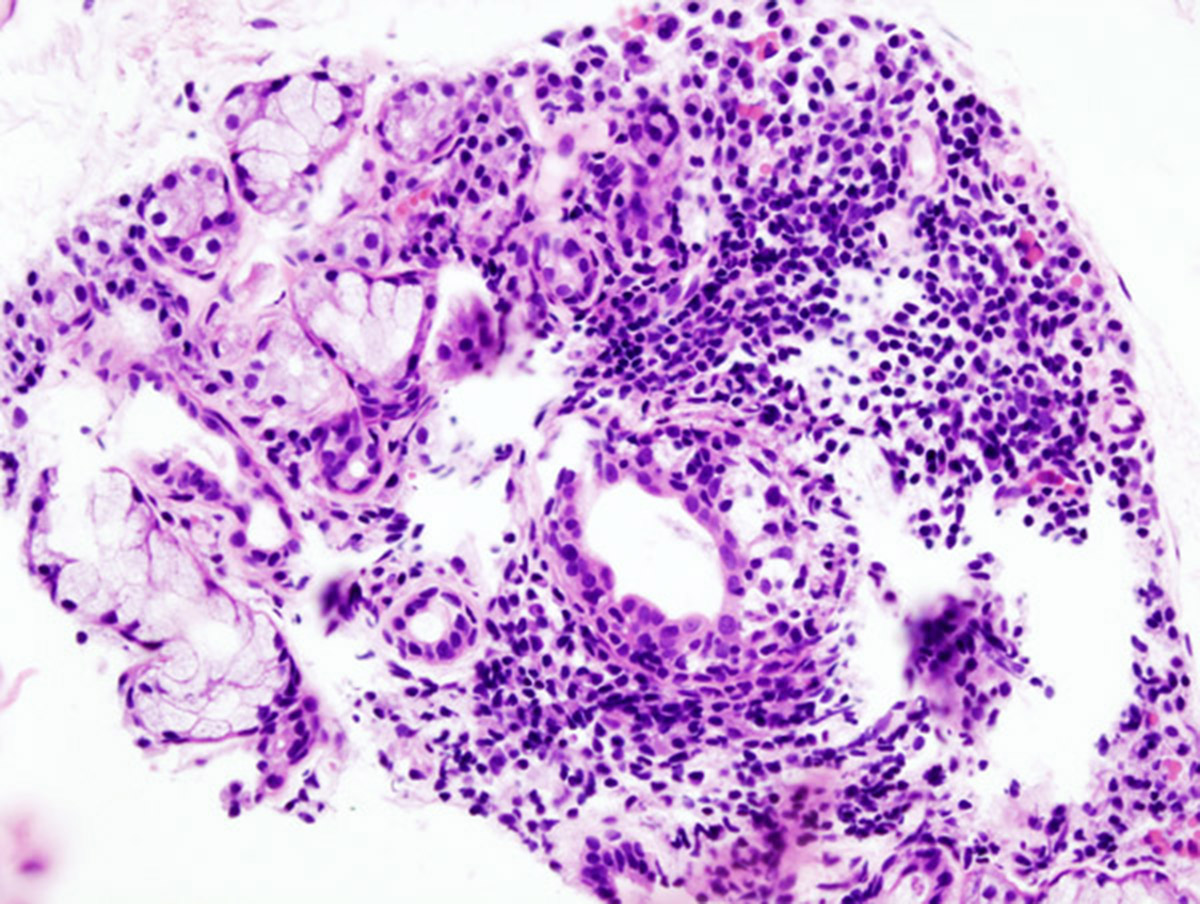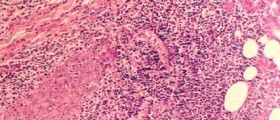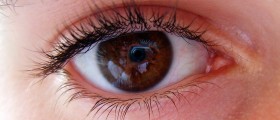
Sjogren's Syndrome
Sjogren's syndrome belongs to a group of autoimmune diseases. It affects exocrine glands of the body. Exocrine glands are in charge with production of non-hormonal secretions which are then transferred via specific ducts into an external environment. Lacrimal glands and salivatory glands are only two examples of excretory glands. In Sjogren's syndrome excretory glands are affected by the process of inflammation and this reflects in their abnormal function. Namely, in Sjogren's syndrome all the symptoms and signs of the disease are related to decreased production of excretory glands.
Symptoms of Sjogren's Syndrome
One of the leading symptoms of Sjogren's syndrome is dryness of mouth. Sjogrens's syndrome is not the only cause of dry mouth, but it is definitely the hardest one to treat. In this autoimmune disease antibodies attack and eventually destroy cells of exocrine glands. This also refers to salivatory glands and dryness of mouth eventually causing problems with chewing and swallowing as well as speaking. Apart from lubricant function saliva helps body to fight tooth decay. This function is achieved by constant flushing of the teeth with saliva and thanks to numerous antibacterial compounds in the saliva. In people suffering from Sjogren's syndrome salivatory glands are swollen. Some of them even double in size so they can be easily palpated. They may be painful as well.
Another characteristic of Sjogren's syndrome is dry eyes. Destruction of cells of lacrimal glands eventually results in dryness of eyes. They become irritated and itchy. Dryness of eyes additionally increases susceptibility to infections and corneal ulcerations.
Dry nose and throat are other symptoms of this disease. These symptoms commonly induce cough, hoarseness of voice and frequent nose bleeds. Dry nose and throat make people more prone to different respiratory diseases such as, pneumonia and bronchitis.
People suffering from Sjogren's syndrome also suffer from dry and scaly skin. This symptom results from reduced production of the sebaceous and sweat glands. The skin is irritated and the patients may develop additional skin diseases.
Sjogren's syndrome in women leads to dryness of vagina and consequent pain during intercourse.
Internal changes may sometimes include abnormalities in liver function tests and in some patients even autoimmune hepatitis occurs. Digestive disorders can be explained by abnormal function of other glands which are in charge with digestion.
All in all, many symptoms may lead to increased irritability and some patients even develop depression. The presence of weakness and fatigue traps patients in a vicious cycle of lack of hope and enthusiasm for any kind of activity.

















Your thoughts on this
Loading...